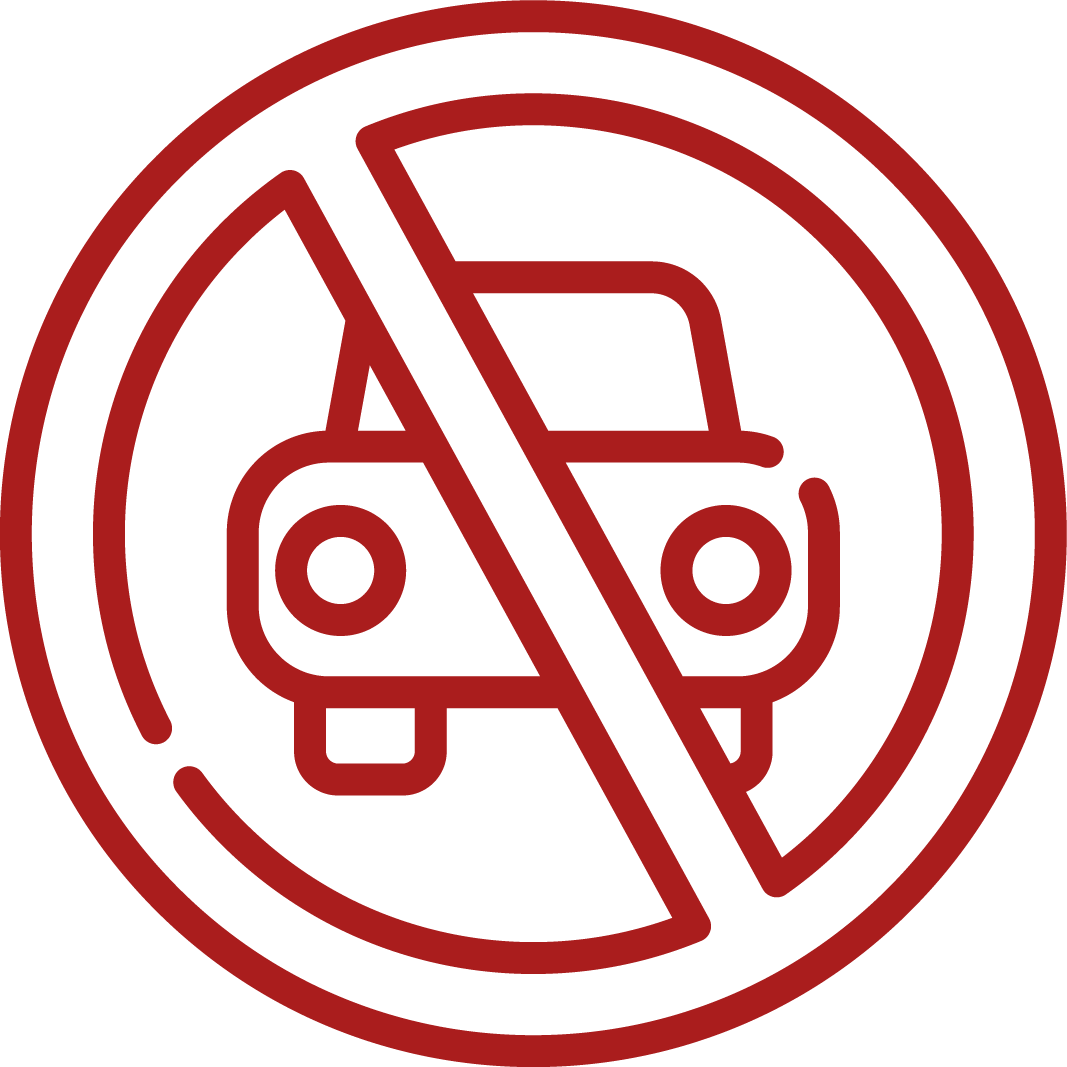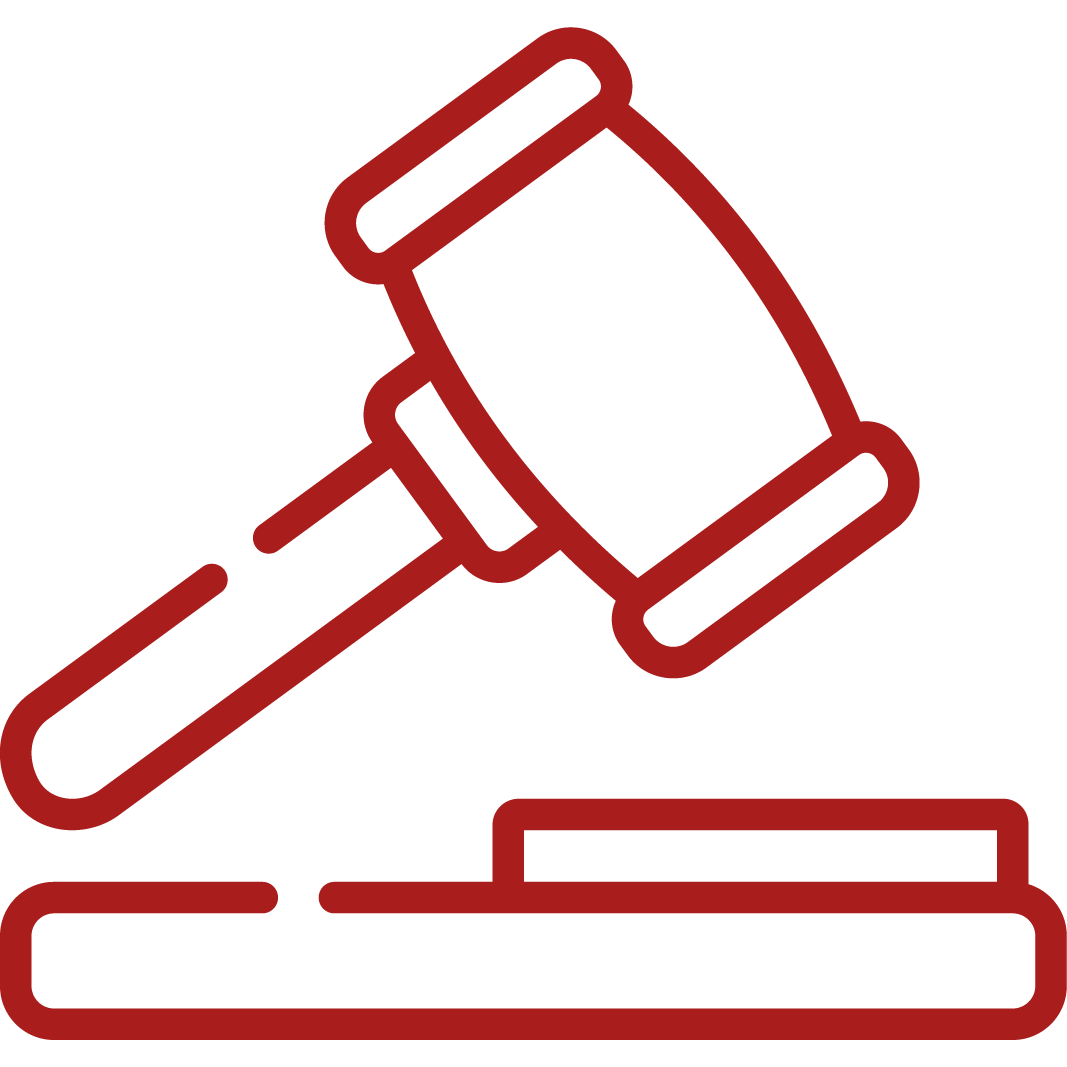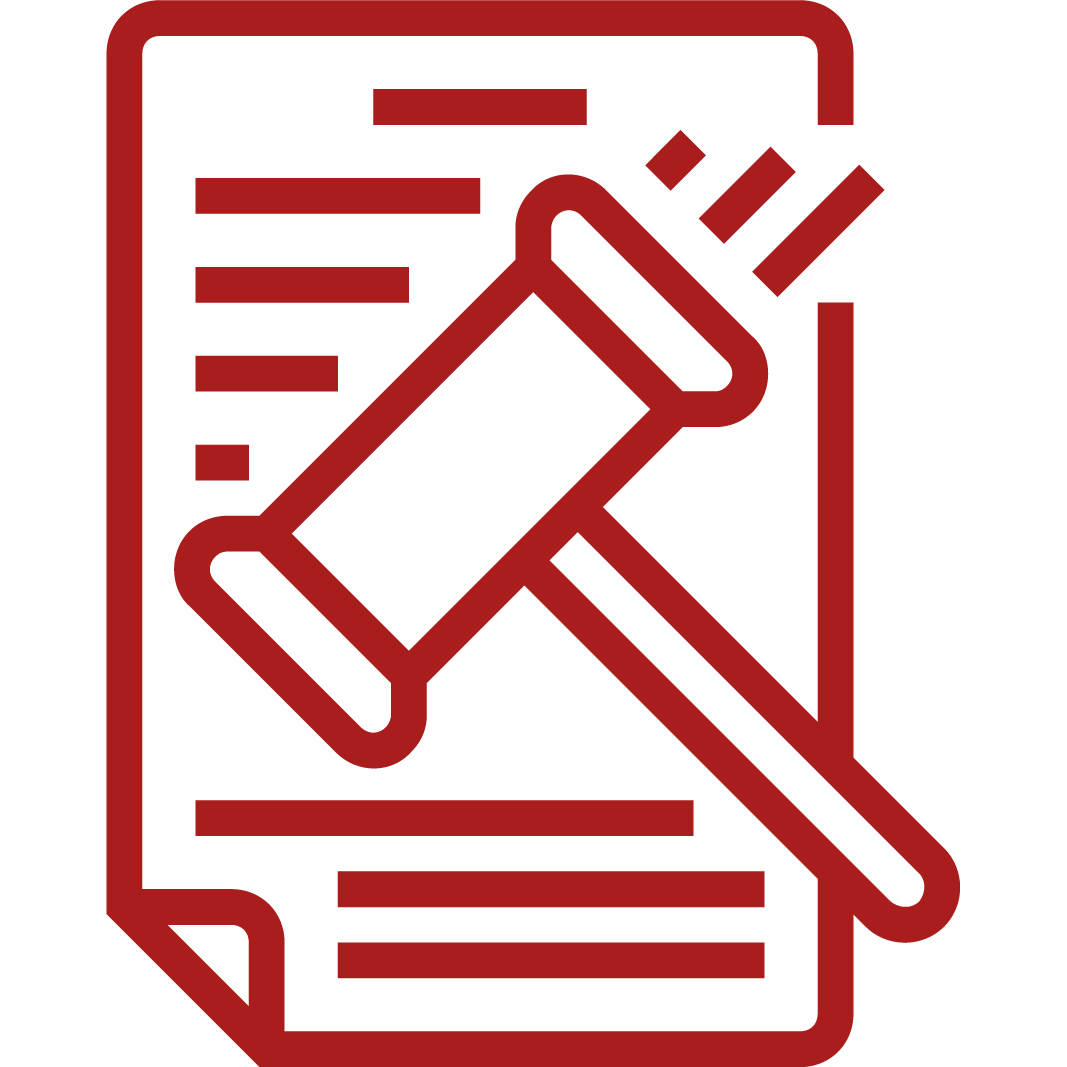
Paysonberg's Criminal Law Team is highly experienced in representing clients across a wide range of matters.
From minor to serious in nature, Paysonberg seeks to fervently protect your rights and provide advice on every stage of your legal journey. Our adaptable and passionate solicitors will advocate for you in court with focus, and seek to attain the best results possible no matter what the charges are against you.

Driving and Traffic Offences
At Paysonberg, we appreciate the significance of your license and how important it is for everyday life – not only for convenience, but as an essential asset to family life, travel, employment, study and much more. Our expert Criminal and Traffic Lawyers are always available to provide you with the right advice to suit your situation. What does a loss of license mean for you? Questions that may run through your mind are plentiful when you are faced with the possibility of a loss of license. You may want to know the nature of the offence you’re alleged to have committed, whether there is a chance of a lesser penalty, what happens if you go to court, and what effect, if any, this may have on your record and lawful ability to drive. Our Traffic Lawyers have significant experience across a range of driving offences in Queensland. Whether you have been charged with an offence of driving with a prescribed concentration of alcohol, dangerous or negligent driving, or simply wish to know more about the rules and regulations in Queensland we will review your situation, and work with you to achieve your desired outcome.

Arrests
Police have powers to arrest however these powers are limited and certain rights of the accused party must be adhered to. Such safeguards for the accused are present in the law to prevent abuse of power or process. Following arrest, there are also a number of steps that must be followed and time restraints may apply. If you or someone you know has been arrested, contact our expert Criminal Lawyers today.

Bail Applications
Following an arrest, you may either be released on ‘bail’ or brought before a court for a determination of this very question – should you be released? An interesting question when balanced against the notion of innocent until proven guilty. It is important to speak with an experienced Criminal Lawyer who will be able to assist with particular considerations relevant to the question of bail. Such considerations include the attitude of the Prosecution, whether you need to ‘show cause’, the relevant jurisdiction, and formulating appropriate bail conditions. Bail Applications can often be strongest at the early stages of the matter, and it is therefore important, if you or someone you know has been refused bail, to contact a lawyer immediately. Contact our expert Criminal Lawyers today to discuss your bail options.

Defended Hearings
Depending on the seriousness of a criminal offence, the matter may be heard at the Local Court or referred to a higher court. There are different ways to approach a defended hearing in the Local Court. A defended hearing provides an opportunity to test the case against you, and in some instances for you to offer your version to the court. It is imperative that your defended hearing is well prepared. Our Criminal Lawyers are highly specialised in all Local Court matters – feel free to discuss your options today.

District & Supreme Court Trials
The more serious criminal offences (also known as indictable offences) in NSW are determined in the District or Supreme Court. An accused person is generally required to indicate whether they plead ‘guilty’ or ‘not guilty’. The legal processes within these Courts are based upon the plea of the accused person. If an accused person pleads ‘not guilty’ then the matter proceeds to trial. The matter will most likely proceed to a criminal trial by jury, unless the accused person applies for the matter to be heard by the Judge alone. A vital step in preparation for trial is working with your Criminal Defence team to familiarise yourself with the legal processes, procedures and requirements. With your defence in mind, our Criminal Law experts will work with you throughout the trial process, and are readily available at all stages. If you or someone you know is looking to defend Criminal charges, speak to one of our expert Criminal Lawyers today.

Appeals
If you are unhappy with the decision of your criminal case, there are possible avenues of appeal available to you. Depending on the circumstances of your case, appeals against the decision of the Local Court are either determined by the Local Court on review, or by an appeal in the District Court. Appeals against the decision of the District Court are heard by the Court of Criminal Appeal or the Court of Appeal. Depending on the strength of the reasons, appeals may also be heard in the High Court of Australia. Time limits generally apply when lodging an appeal, and it is therefore important to speak with an expert at the earliest opportunity. Our Criminal Lawyers have represented clients across various jurisdictions and are available to discuss the prospects of a pending appeal. To inquire as to whether an appeal is appropriate, contact our Criminal Defence team today.

Independent Commission against Corruption (ICAC) Inquiries
The Independent Commission Against Corruption (ICAC) was established to eliminate corruption and restore faith within the public sector. In undertaking this role, the ICAC must adhere to jurisdictional and other legal requirements. Depending on the matters brought before the ICAC, the Commission may request an investigation, refer the matter, or officially commence their own investigation. If you receive a summons to give evidence, it is important that you obtain legal advice. The Commission possesses strong powers to compel witnesses to give evidence, and you should know your rights within this forum. It is also possible for criminal charges to surface – our Criminal Lawyers have experience in ICAC inquiries, and will ensure your rights are protected. Speak to one of expert Criminal Lawyers today.

Crime Commission Proceedings
The Australian Criminal Intelligence Commission (ACIC) and the New South Wales Crime Commission (NSWCC) are statutory organisations set up to investigate serious criminal conduct or activity. Each are unique in their investigative and intelligence gathering powers. Some of the criminal activities investigated can include murder, firearms and arms dealing, money laundering, cyber crime, drug supply and corruption. The NSWCC and the ACIC facilitate prosecutions in Australia. The Commissions have the power to restrain a person from dealing with or disposing of property by obtaining Property Restraining Orders from the Supreme Court. Should you find yourself facing Crime Commission proceedings, it is important to seek legal advice immediately and to know your rights. The consequences can be drastic – speak with one of our expert Criminal Lawyers today.

Forfeiture Proceedings
In the event of suspected criminal activity, assets may be frozen, forfeited, restrained or seized. The circumstances in which such a course of action is taken are varied; however property is not limited to cash and may cover assets like houses, boats, cars, or bank accounts. Upon an application by a law enforcement agency, the aim is to deprive persons of any benefit from the proceeds of criminal offences. There are various orders that can be sought in NSW, as well as the Federal jurisdiction – as such, it is important to know how they may affect you, what your rights are and how to respond. Get in touch with one of our expert Criminal Lawyers today.

Drink Driving & Drug Driving
Driving under the influence of drugs or alcohol are serious offences all too prevalent in Courts across NSW. The penalties that may apply vary depending on your reading (Prescribed Concentration of Alcohol), the detection of an illicit substance, or whether you have been charged because you were noticeably affected by drugs or alcohol (driving under the influence). The severity of these offences is reflected in the potential penalties, and in some instances will include the possibility of imprisonment. The potential deprivation of your liberty is one side to the potential consequences, and for some people is an unrealistic sentencing option. On the other side the deprivation of a person’s licence to drive is almost certainly a realistic outcome which can have severe and onerous consequences. At Paysonberg, our Criminal and Traffic Lawyers will provide you with realistic advice, possible defences, and assess your likely prospects of a successful outcome. If you require advice or representation, contact our experienced Criminal and Traffic Lawyers to discuss your case.

Driving whilst Suspended, Disqualified or Unlicensed
In NSW, the Courts consider offences of driving whilst suspended or disqualified very serious. Irrespective of whether your licence is suspended due to demerit points, traffic offences or unpaid fines – your licence is ultimately suspended and you should confirm the status of your licence before you resume driving. The penalties for these offences can include a further licence disqualification, a monetary penalty, or even imprisonment. In certain circumstances, you may have a defence available to you, or, should you plead guilty, seek to have no conviction recorded (Section 10). It is important to obtain appropriate and tailored legal advice to suit your situation. If you are facing an offence of driving whilst suspended, disqualified or unlicensed, contact one of our expert Traffic Offence lawyers to discuss your case.

Negligent Driving
Did you drive in a manner that a reasonable prudent driver would have driven in all the circumstances? This is the primary consideration when facing an offence of Negligent Driving in NSW. There are three main offences within the ambit of Negligent Driving: Negligent driving that does not occasion death of grievous bodily harm; Negligent driving that occasions grievous bodily harm; and Negligent driving that occasions death. The seriousness of these offences is reflected by the legislative penalties. Negligent driving occasioning grievous bodily harm or death are deemed extremely serious, and may potentially bring with them a criminal conviction, licence disqualification, and imprisonment. If you were involved in an accident, with or without another person/s being injured, you may be charged with a Negligent Driving offence. To discuss your case strategy, talk to one of our expert Traffic Offence Lawyers.

Trucks & Heavy Vehicles
The requirements to hold a truck or heavy vehicle licence are different and so are the legal obligations. With respect to drink driving offences, the threshold Blood Alcohol Concentration (BAC) level for operators of trucks and heavy vehicles is lower than other vehicles. A heavy vehicle is defined as having a gross vehicle mass or aggregate trailer mass (or combined) of more than 4.5 tonnes. Rules and regulations governing trucks and heavy vehicle offences is continuously being reviewed, and so it is important to be aware of any changes. Holding the appropriate truck or heavy vehicle licence is one aspect – but it is important to be aware of your obligations, and pay particular consideration to aspects including overloading, speed limiters, dimension limits, and load restraints – otherwise you may be charged with an offence. If you have been charged with a truck or heavy vehicle offence, contact our expert Traffic Offence Lawyers today.

Applications to remove Licence Disqualification
We are regularly asked whether years of licence disqualification may be removed. Recent amendments to the law in NSW have allowed disqualified drivers to apply to the Local Court to remove the previously imposed period of disqualification. The circumstances and requirements that enable this application can vary and it is important to speak with an experts in Traffic Law to see whether you qualify. To find out your options, speak with one of our Traffic Offence Lawyers.